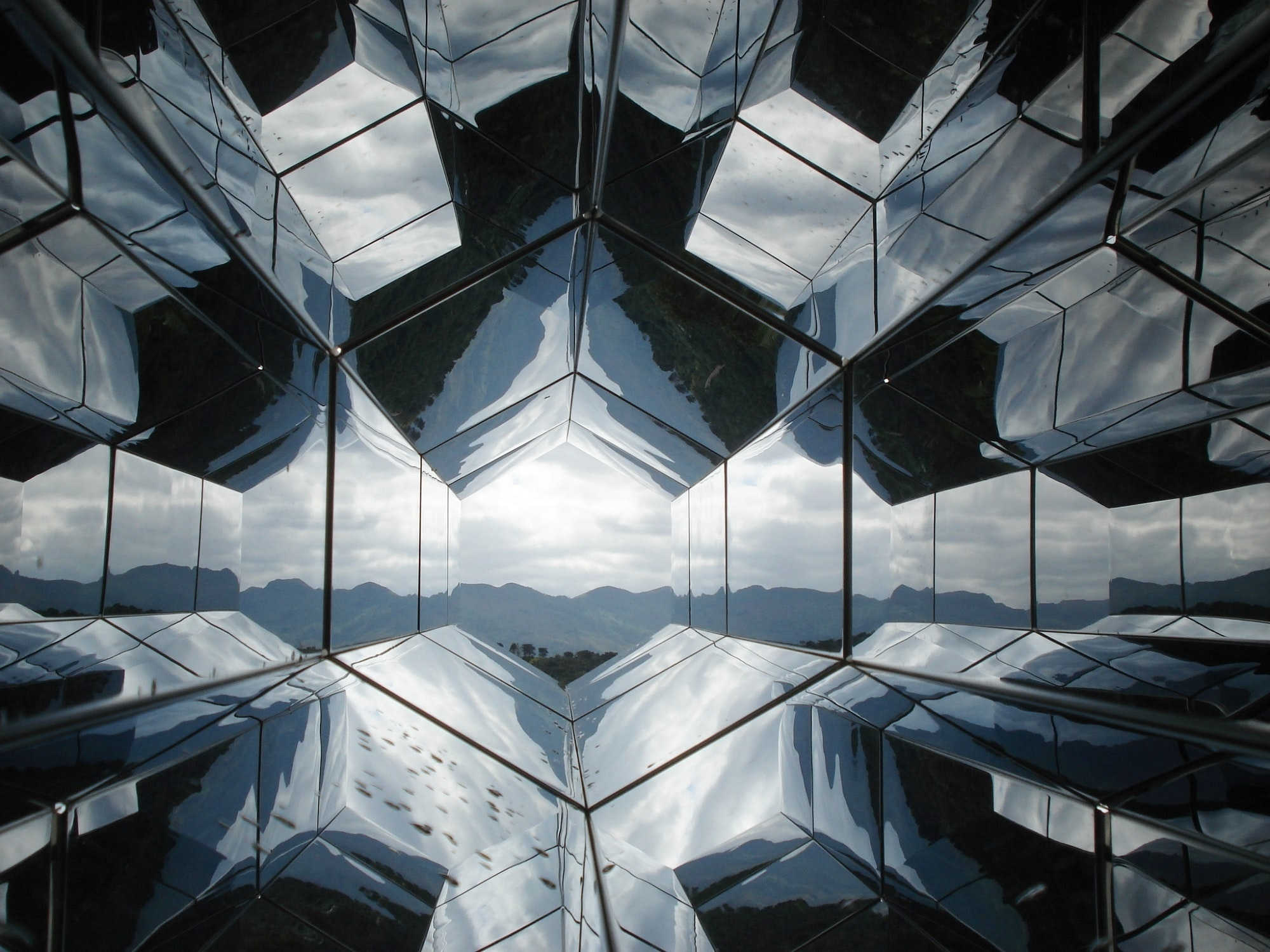8th HWCS International Symposium
Central Themes
Our world is transforming with a growing acceleration. It is no longer the world we believed to know, but a new world which we need to understand in order to orient its evolutions towards a full development of humanity. Humanity that keeps enlarging its horizons in all possible ways.
The central themes that we suggest below, represent proposals to be considered and exchanged, they are drawn up with the intention to obtain ideas and images oriented towards a Universal Human Nation, the thematic focus of the plenary session that will close the Symposium.
Humanism in the current situation
In the course of human history, despite expressing itself and declining in different forms, has always placed the human being as a central concern. In the current moment of crisis, we hope that these multiple visions will find the opportunity to be exchanged on the role that a New Humanism will play in the future.
Speakers
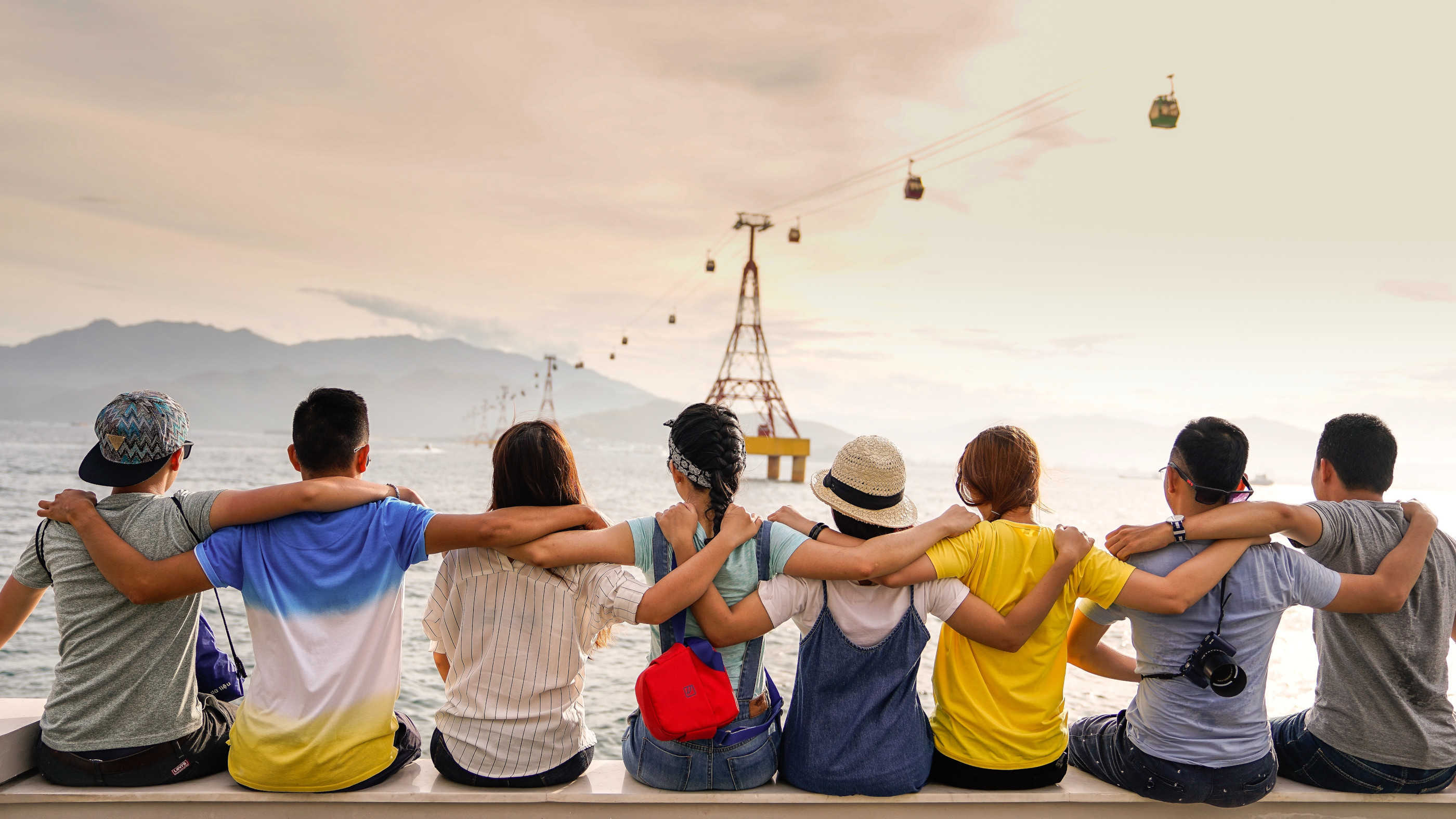
New Humanism, Post-Humanism and Transhumanism
Since the discovery of fire, technology has accompanied the development of the human being. Today we are facing an important technological acceleration that, with its possible developments in artificial intelligence and biotechnology, raises important questions about human nature. How does this fit into the human process? Are we at the dawn of a new human being or is it a process opening up that will lead to its degradation?
Speakers
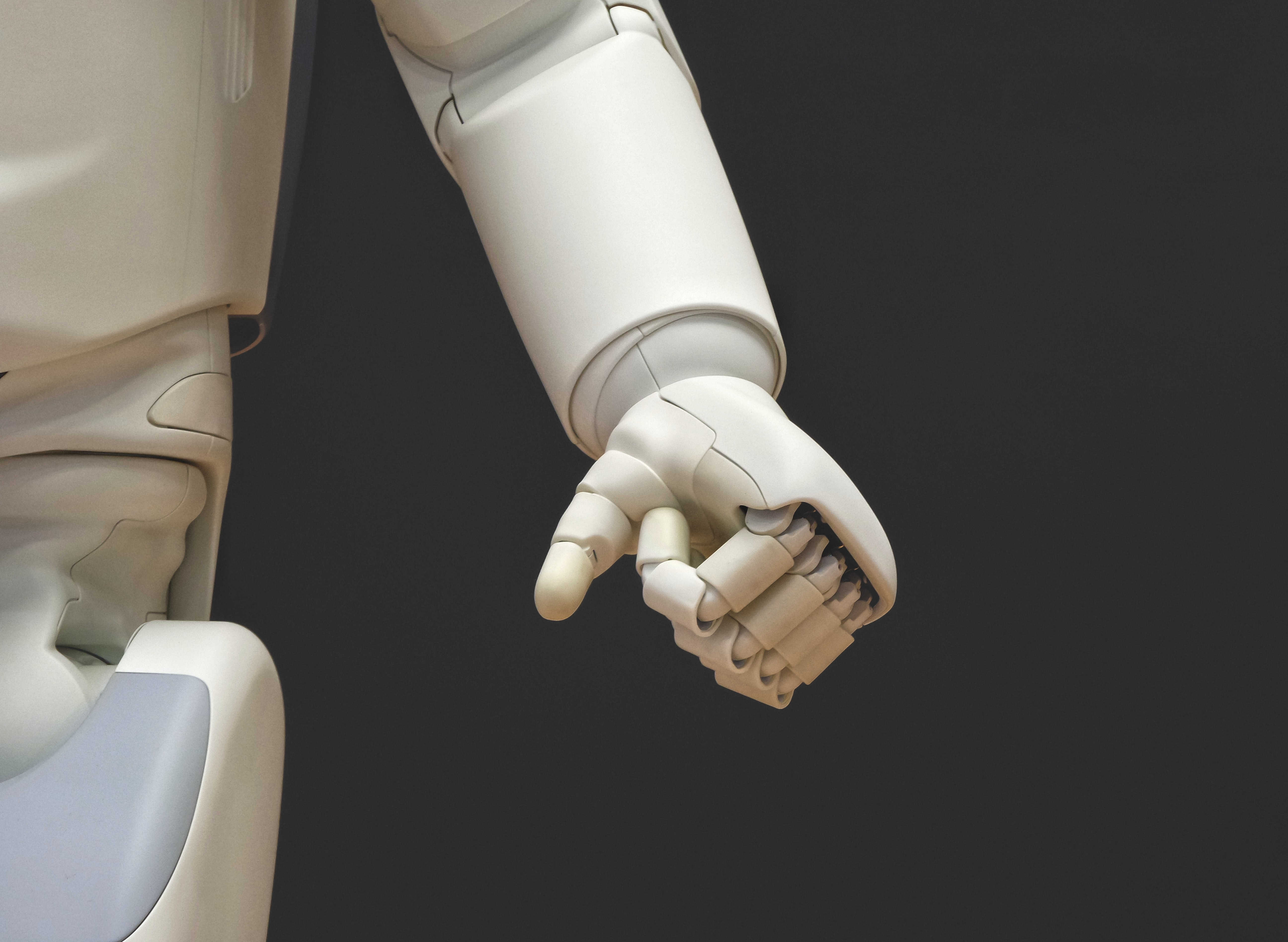
Overcoming violence
Violence is exercised all over the planet with multiple forms that must be analyzed, whether physical, economic, religious, racial, psychological, sexual or institutional. If we are to generate a universal human nation, we must overcome violence and resolve conflicts by non-violent means that are still too often ignored. The challenge is: to encourage the media to disseminate their proposals, to influence the bodies of social and political representation to take them into account in their decisions, to reach the world of education, including schools, universities and families as well as in the daily life of each individual.
Speakers
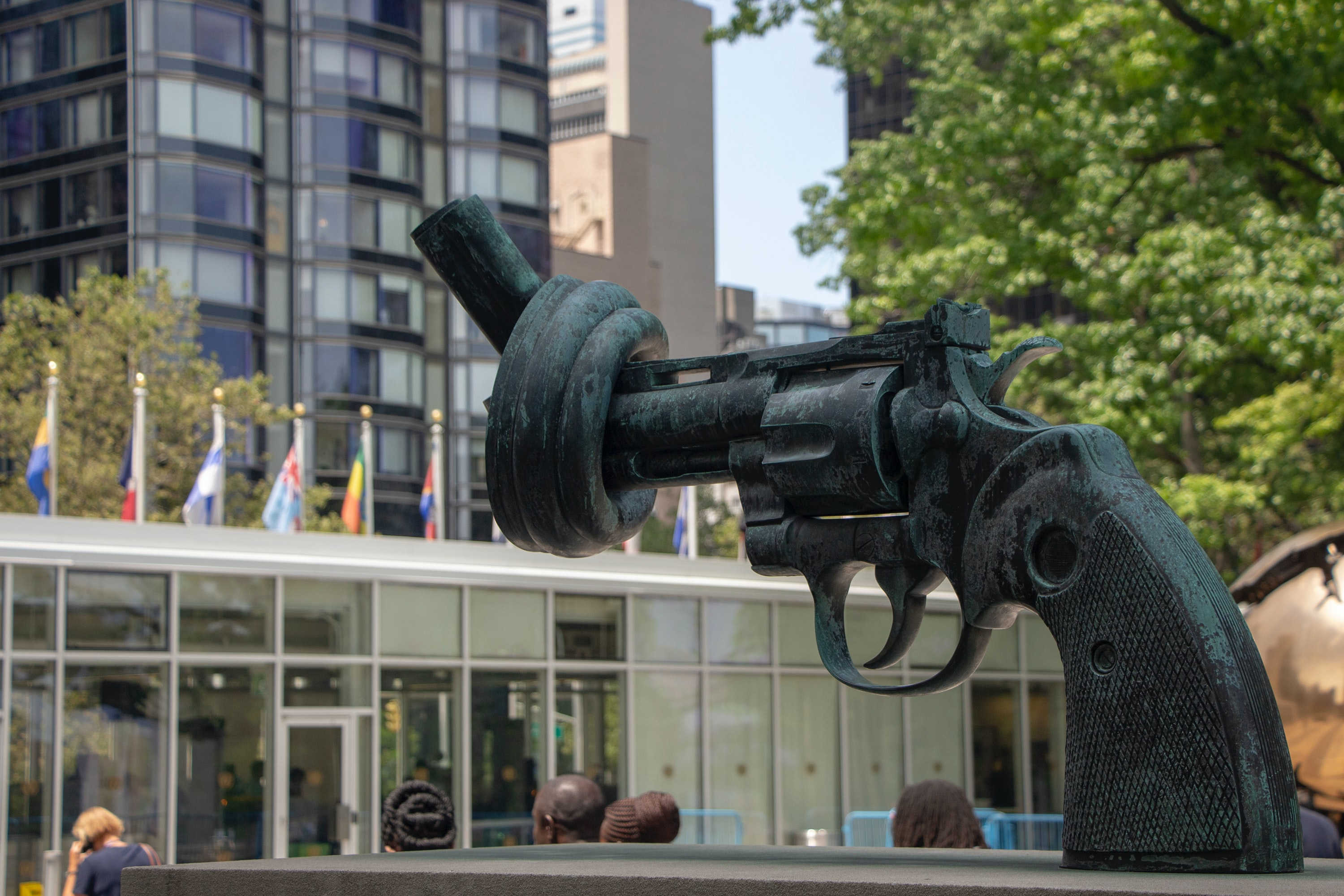
Arms Reduction and the Elimination of Nuclear Weapons
The manufacture and sale of weapons of war is an instrument of power and a big business, which profits from the pain and suffering of large human groups. If we want to advance towards a Universal Human Nation, arms reduction is fundamental, and nuclear weapons, in particular, must be considered. They represent the most intense and lethal form of violence in the system of international relations. They constitute the greatest threat because a nuclear conflict in any part of the planet can represent the end of humanity. In this regard, we promote adherence to and dissemination of the Treaty on the Prohibition of Nuclear Weapons recently put into effect by the United Nations. It is necessary to disseminate the existence of this treaty. Having nuclear weapons should become "bad propaganda" for a country. How can further progress be made in this regard?
Speakers
Rafael de la Rubia, Tony Robinson, World without war and violence
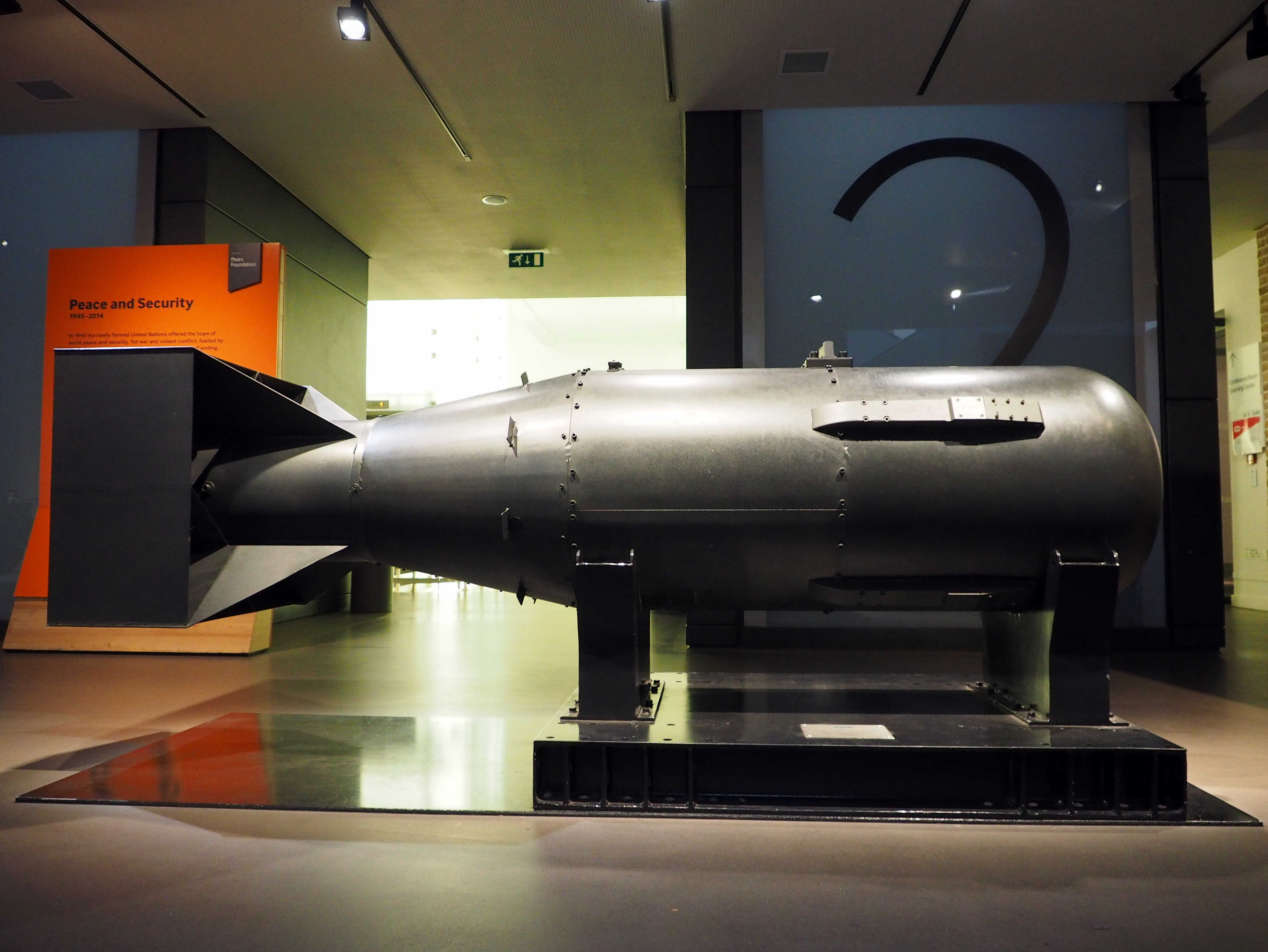
Climate crisis: ways out from the perspective of social ecology
The climate crisis is perhaps the most obvious manifestation of the crisis of the system. A model of economic, cultural and social organization with a mode of relationship with the earth, "our common home", which is putting the human species in danger of extinction. How do we get out of this crossroads? How do we rethink the relationship between human beings and the environment? What alternatives are being developed to harmonize this relationship?
Speakers
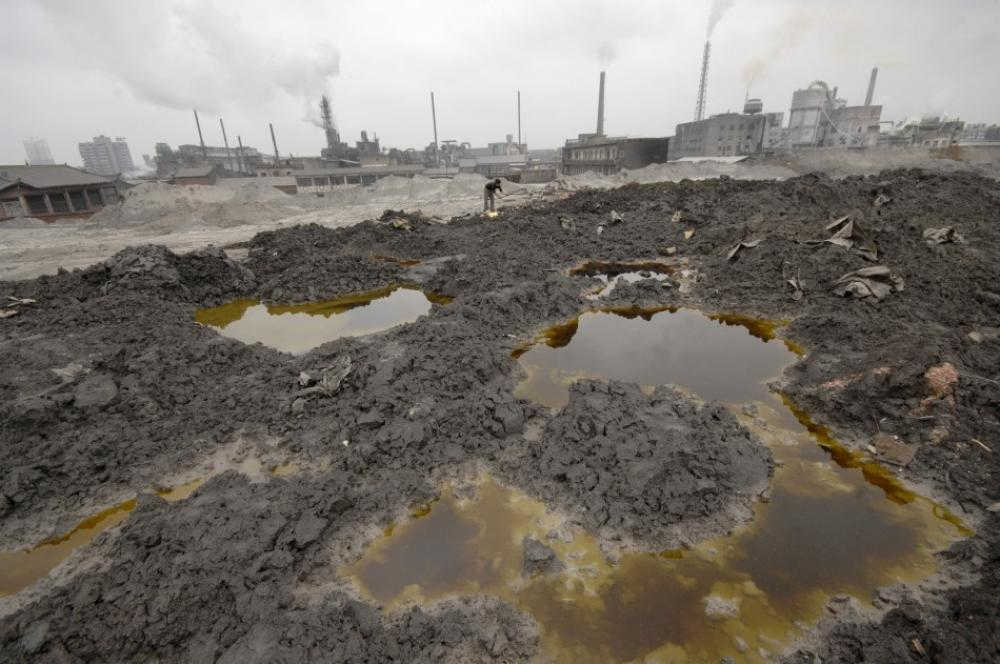
Economy for freedom
From the beginning, human beings have worked for the liberation of their living conditions, both material and intangible. Material improvements have allowed the liberation of human energy to be devoted to other more subtle and elaborate tasks, whether spiritual or artistic, cultural, etc. However, the last decades of neoliberalism have made us forget that this must be the objective of the economy as an applied science: to create new ways to solve basic material needs efficiently, to allow the best human efforts to be dedicated to higher goals. In other words, to free human beings from the yoke of alienating labor, something that today is within reach, only impeded by the unlimited greed of some.
Speakers
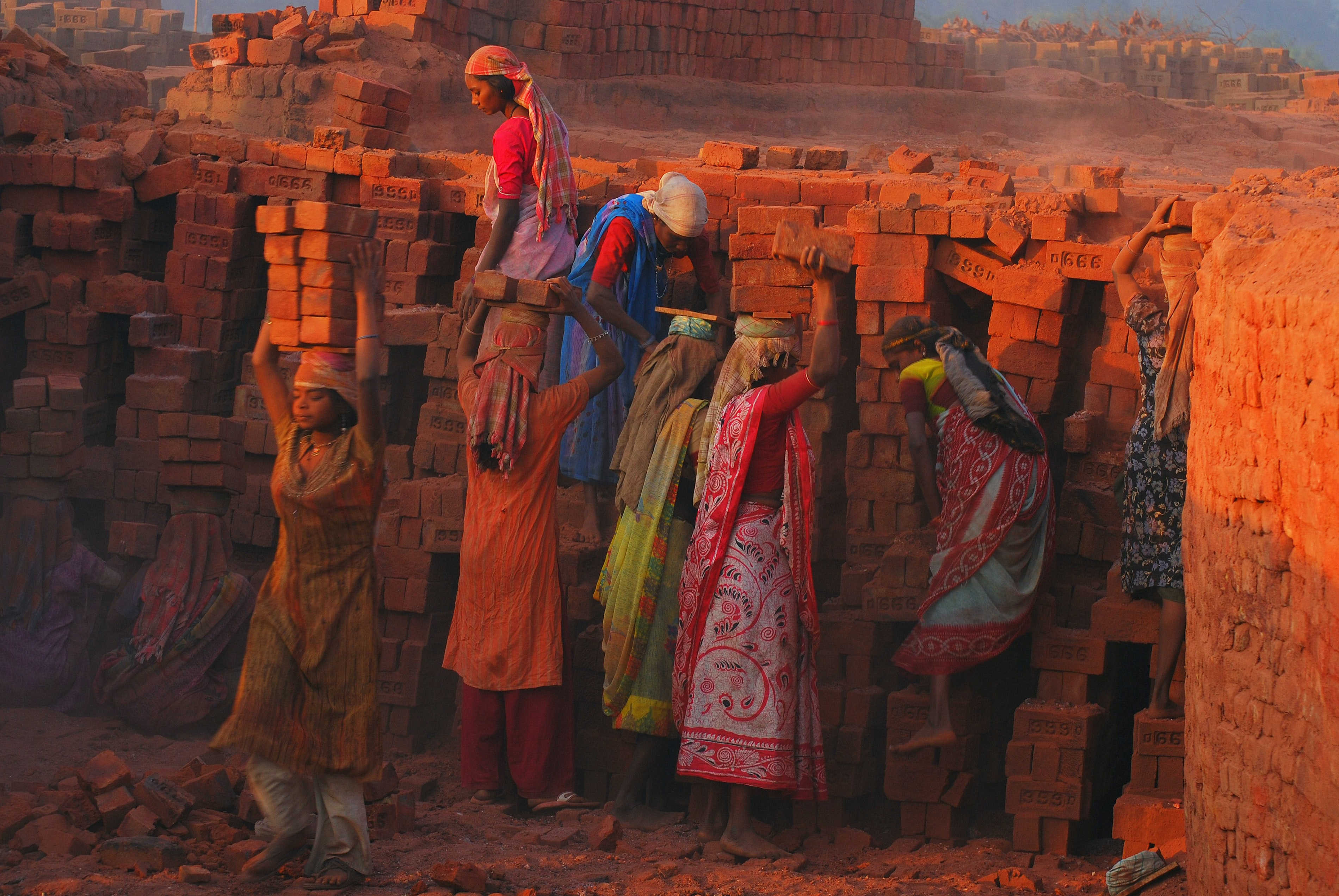
The question of gender in a new world
Discrimination upon women is an undeniable historical fact, as well as the progress of women in claiming their rights and their current empowerment. What has generated gender discrimination and violence? What is the difference between men and women? Why are other forms of sexual identity also discriminated against? What gives the feminist movement its enormous strength today? Biological nature makes us different, but human beings are much more than nature. The central question is: How to consider the question of gender in a new world?
Speakers
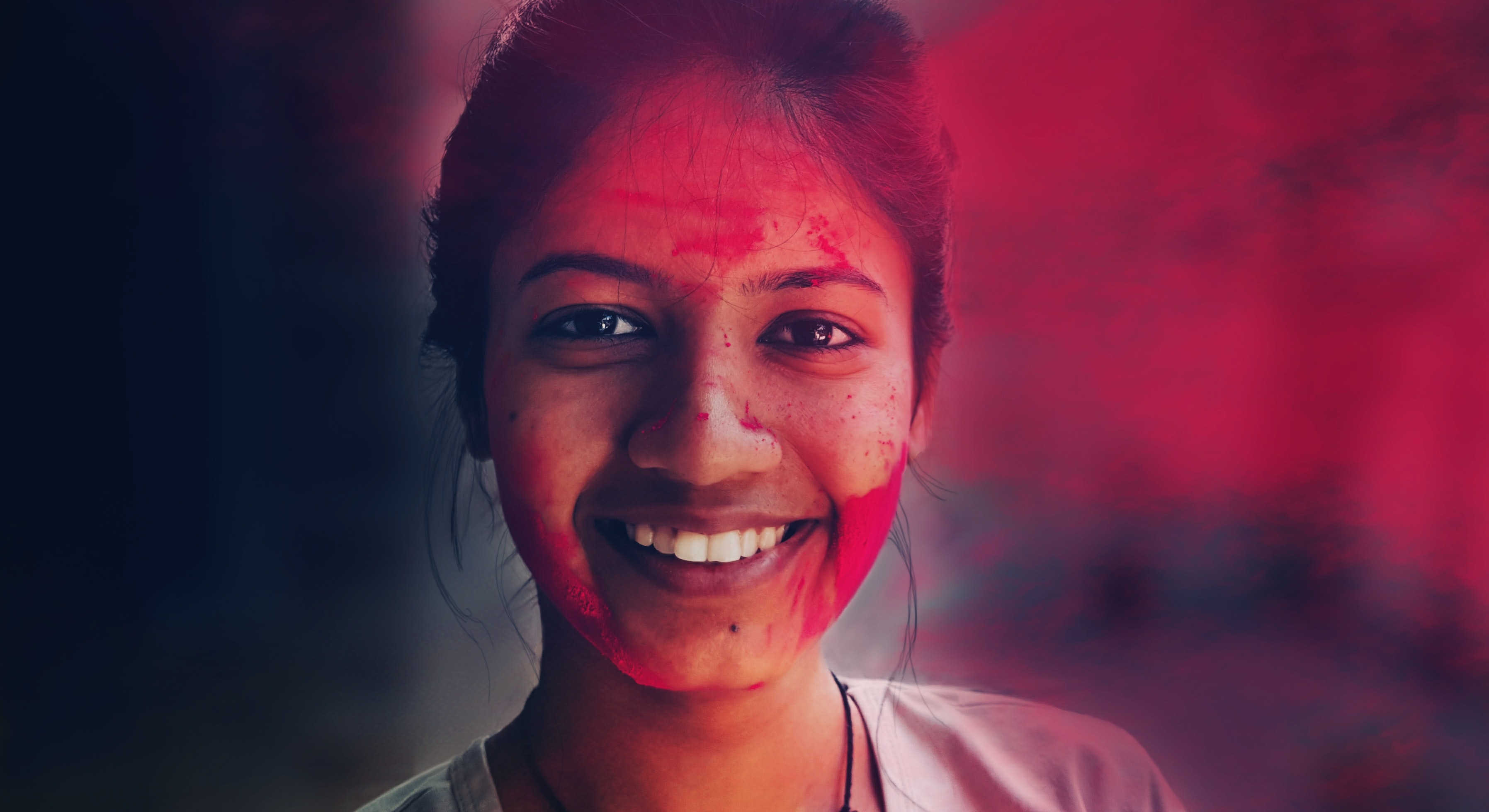
Health
For humanists, health is a fundamental human right. However, although medicine is advancing and life expectancy is tending to increase, these benefits do not reach everyone equally. As cost and complexity increase, health benefits and medicines become more and more market goods and less and less solidarity-based social benefits. On the other hand, although we talk about Health Systems, benefits are mainly directed to the treatment of diseases rather than to the prevention and promotion of Health. It is also interesting to consider the existence of alternative and complementary practices and experiences that could be beneficial to health but to which due attention is not paid. At the present time, it is also of interest to analyze the various responses being made to the Covid-19 pandemic.
Speakers

Towards a humanizing education
Traditional education aims to facilitate the adaptation of the subject to the social environment in which he or she lives. It presupposes in the student a passive attitude and learning as a mere reception and reproduction of knowledge. Humanizing the educational process means affirming a constant active attitude of the subject in the configuration of reality, so that the human being not only learns the cultural heritage but also grants a new meaning to it. The student should not be considered as a mere recipient of knowledge but as a subject with the capacity for transformative criticism in order to improve himself and the community to which he belongs, above what is socially established as true. To build a more humane world we need to form consciences capable of converging despite differences; capable of converging in diversity.
Speakers
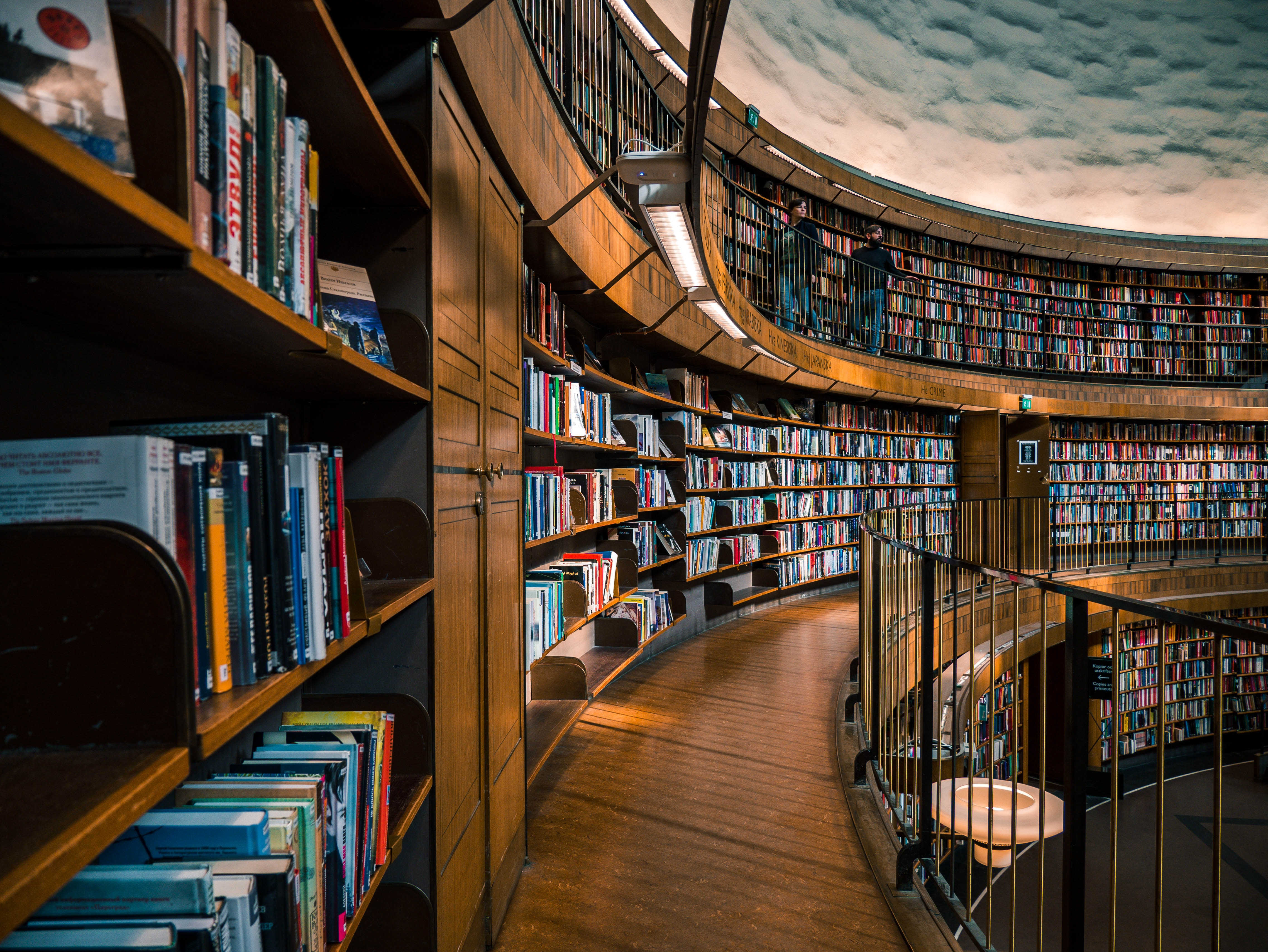
Consciousness and the World
New developments in research on the structure and functioning of the consciousness allow us to clarify its relationship with the world and to face, with new eyes, some fundamental enigmas. What is the role of intelligence in the development of the Universe? What about the exploration of the latter, at all scales? In the field of science, a certain spiritual inspiration is emerging around these issues.
Speakers
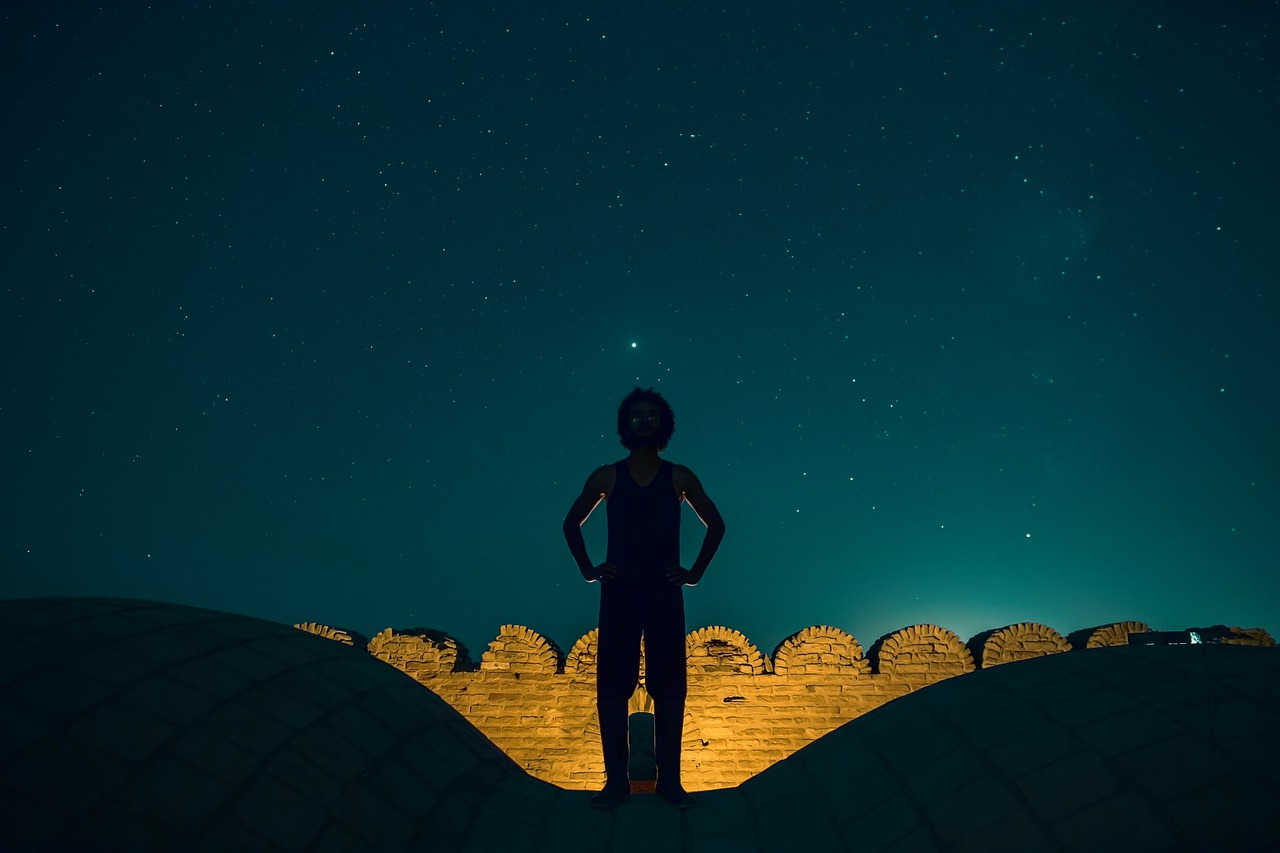
Transcendence and Spirituality
There is a very materialistic stance according to which the human being is simply a being that is born, grows, reproduces and dies. From another point of view, we think that every human being has the right to ask himself about the meaning of his life. Does everything end with death, or is there something beyond that awaits us? Certain experiences of contact with "the sacred" in the depths of consciousness could allow a glimpse of an answer to this ancient enigma of human life.
Speakers

Towards new lifestyles
The possibility of social change requires an alternative to the current lifestyle. The system in which we live has managed to implant a materialistic, individualistic and competitive lifestyle in the vast majority of the population, but this ends up causing great contradictions and a meaningless register of life. Nevertheless, this lifestyle has strong roots and an enormous inertia that allows its maintenance. Can the current crisis open a window of transformation? What alternative lifestyles could be proposed for a new world?
Speakers

Future visions
What future awaits us? In what direction is the human being going? Will the crisis increase and we will have an apocalypse? Or is this crisis a step towards a new form of civilization? Which are the visions of the future that can stimulate and open new horizons?
Speakers
